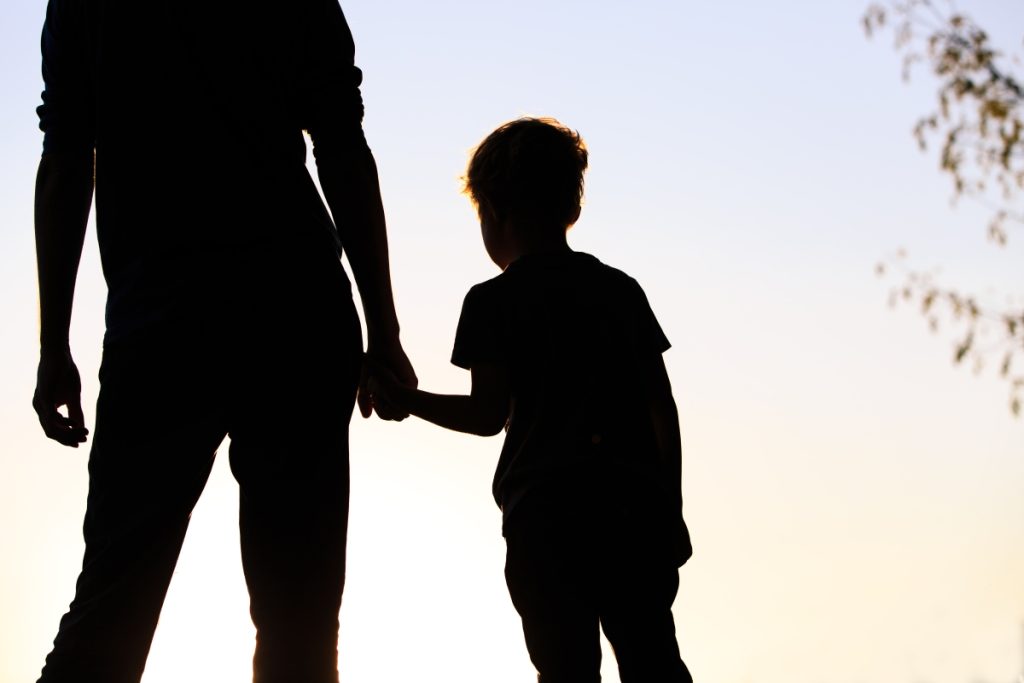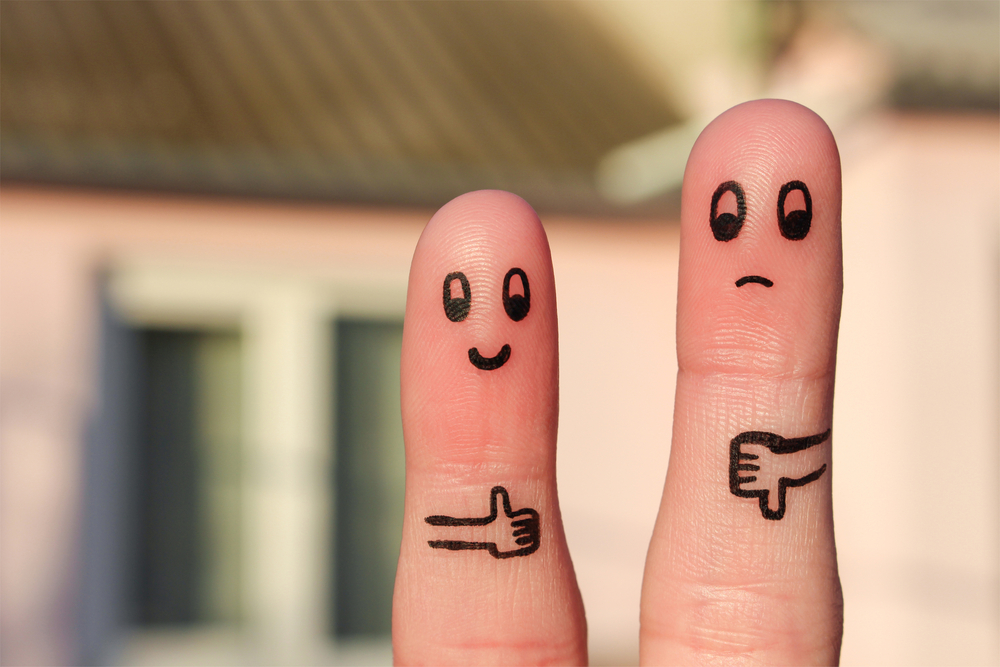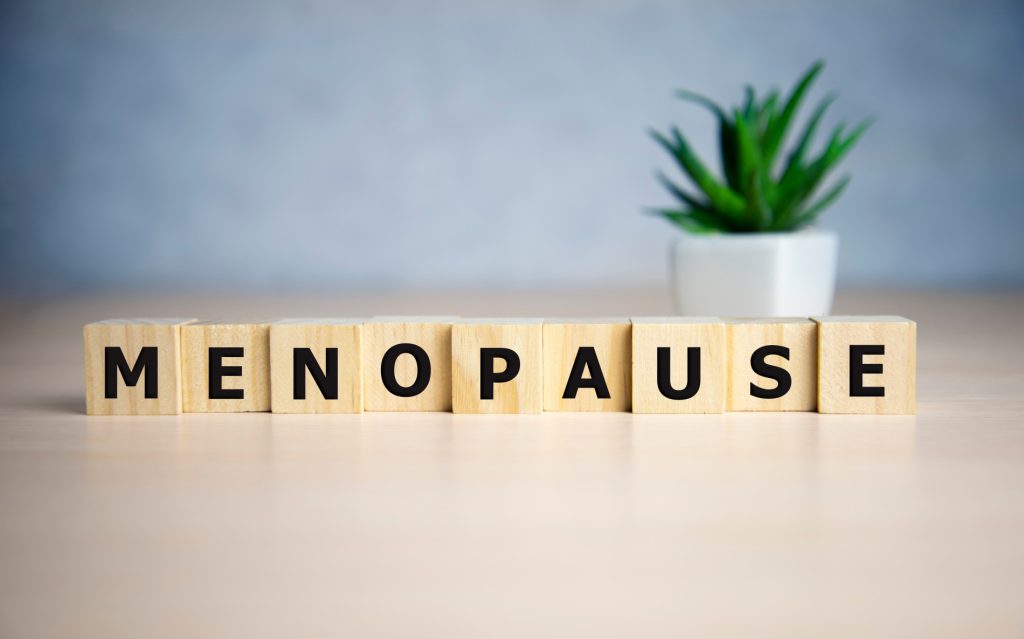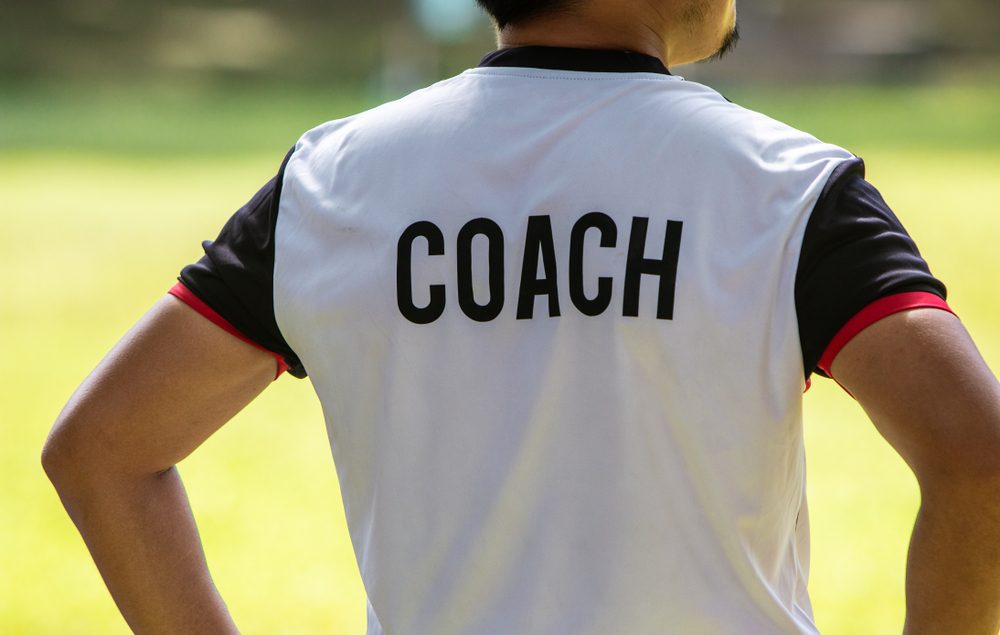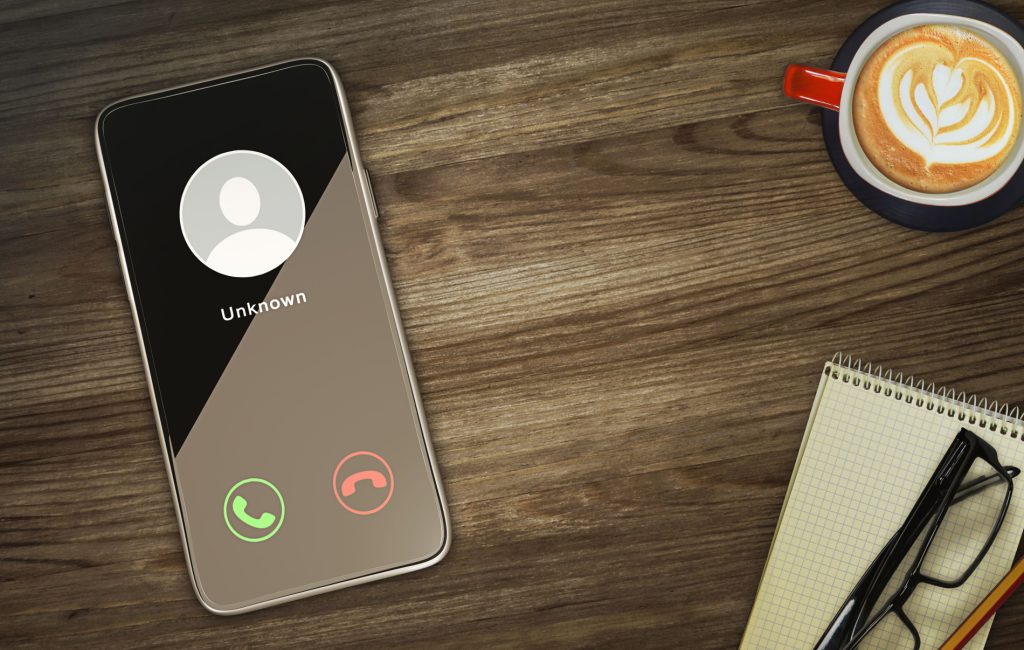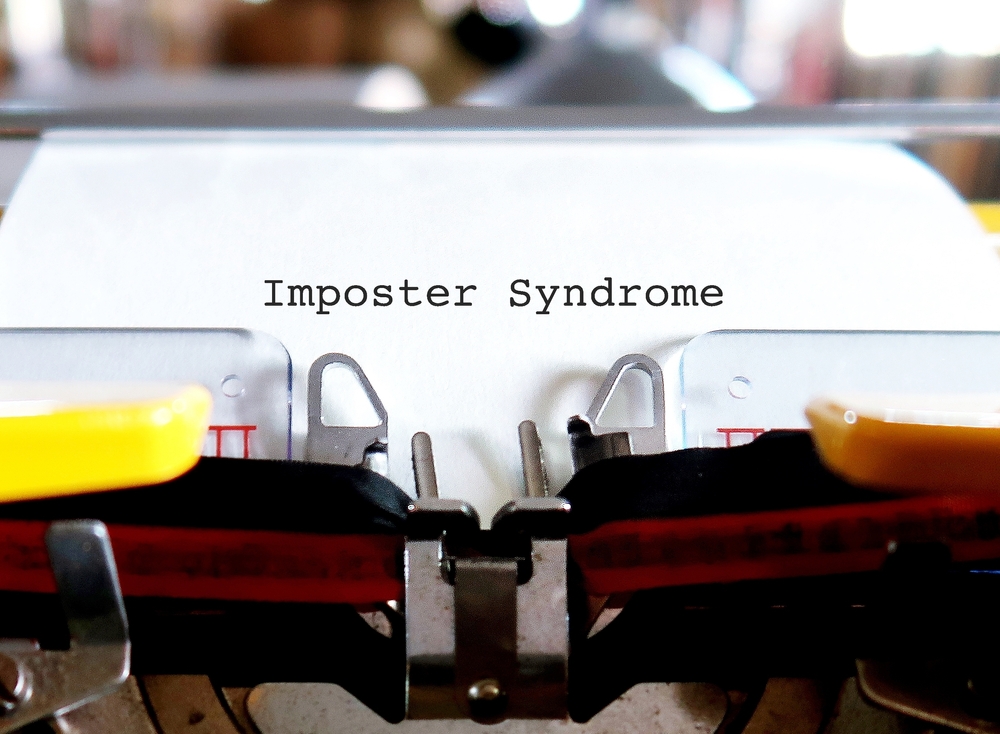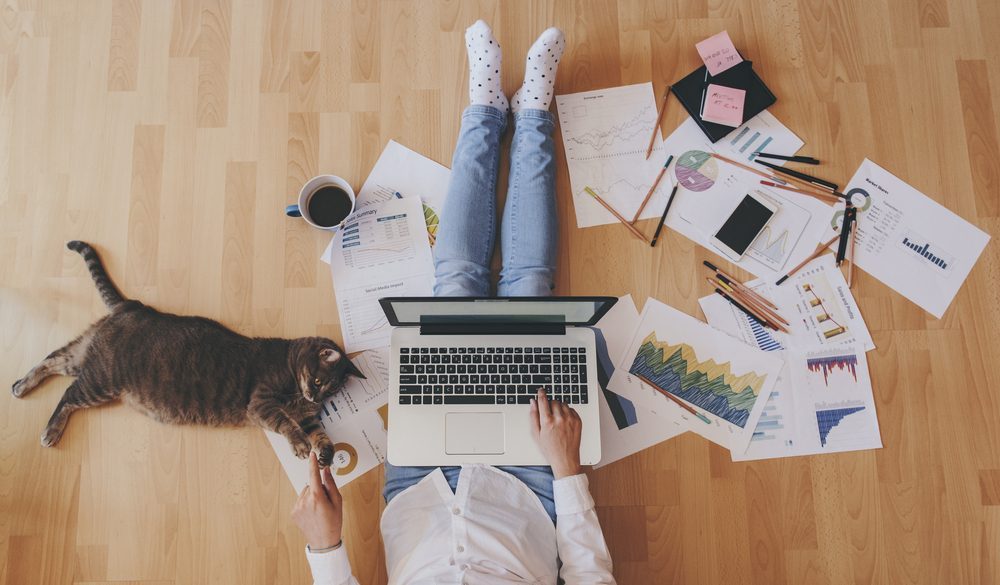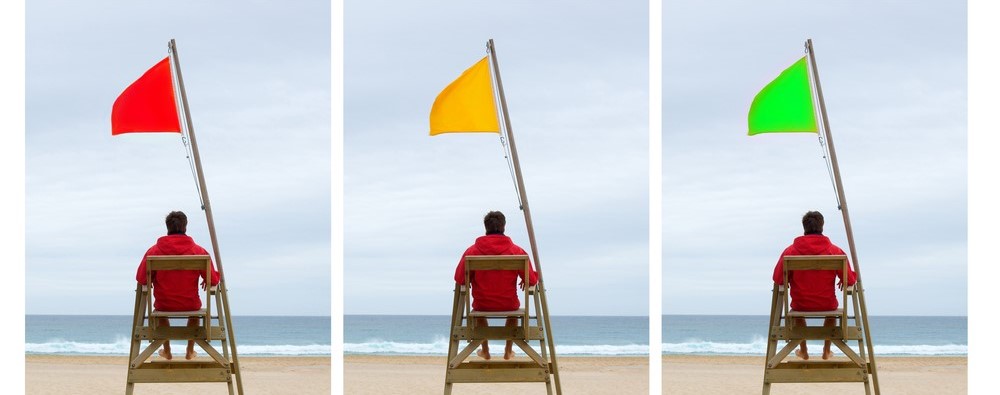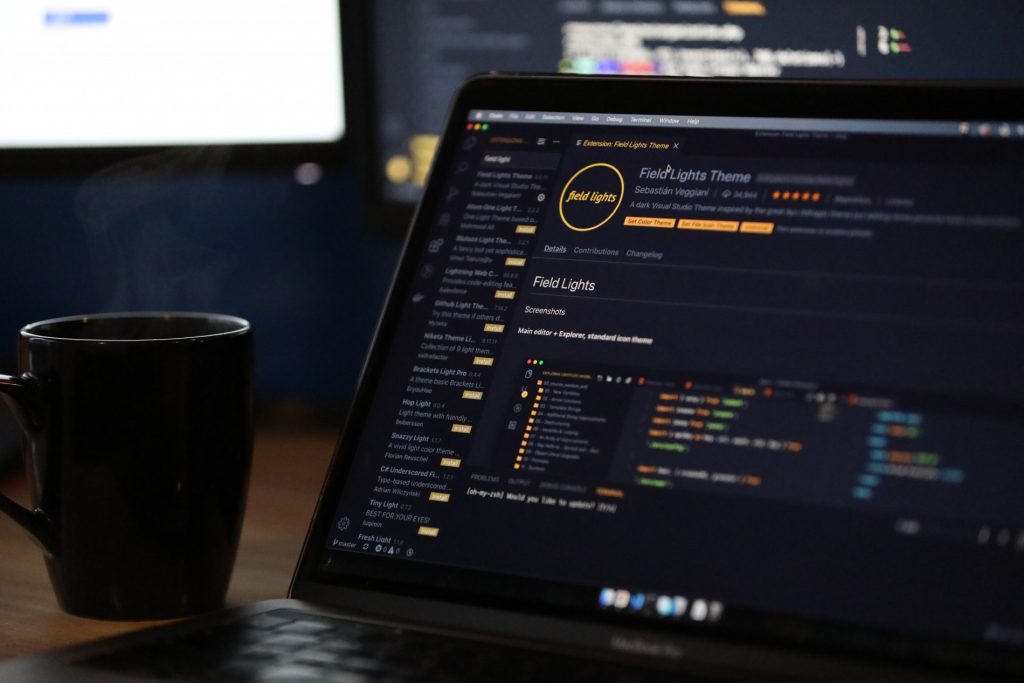We need to believe the kids will be all right
I remember reading somewhere that the best time to talk to your child is when you are in the car driving. Evidently, they are your captive audience, and you have their undivided attention. It is also less confronting for them because they don’t have to make eye contact with you. This sounds fine in…
I remember reading somewhere that the best time to talk to your child is when you are in the car driving. Evidently, they are your captive audience, and you have their undivided attention. It is also less confronting for them because they don’t have to make eye contact with you.
This sounds fine in theory, but I am at the stage of parenting when my 12-year-old likes to give my driving a performance appraisal rather than talk to me about anything other than my driving. Occasionally on these drives he will remind me that he is the only kid in grade six that is not allowed to play Roblox. He tells me this because apparently, I do not have enough of the real and tangible mother guilt to carry.
Instead, my son’s favourite time to talk is five minutes after he has gone to bed – and about three minutes after I have poured a gin and tonic and pressed play on The Summer I Turned Pretty. His bedtime topics are not the type of topics you can brush over either. His friendship group, a new car design he is working on (complete with specifications), his current dream of being an Olympic sprinter and more troubling, his views on the war on Ukraine.
I’ve long said that I always want him to talk to me, to never ‘not tell’ me something, and to always feel safe to do so. Just this morning I had coffee with a wonderful client who I also call a friend, and she was telling me about her son, now in his mid-20’s, and how he rang her one Friday afternoon distressed about a work matter and needing her advice. Despite his worries about how his mum might react to the situation, he still picked up the phone. I hope I will be this person for my son.
Anyway, at school pick up a few weeks ago, the ‘car chat’ dynamic shifted because Charlie got in the car, threw his bag in the back seat, his hat on the floor and declared:
“I think it’s time for me to go back to the school counsellor.”
I think back to when my son was a baby, when the problems seemed smaller, less significant. It is true when they say, ‘small kids, small problem, big kids, big problems.’ I feel like we are hovering somewhere in the middle, anchored but tenuously floating out to sea.
I nodded. Turned off the radio and waited.
In February this year we lost our beautiful cavoodle Taco and it was devastating for our family, and it has been Charlie’s most profound loss thus far. The day after this occurred, we made contact with his teacher to give her a heads up and we set the wheels in motion for Charlie to self-refer to the school counsellor if he wanted to talk about it or if he was struggling whilst at school.
I desperately wanted him to talk about it and when he came home from school the day after Taco died and told us he had spoken to the counsellor. I felt sad, relieved and immensely proud.
Soon after, Charlie came with Schadd and I to a ‘living wake’, a day that proved to me that grief and love coexist. We were deeply honoured to celebrate the glorious life of our friend Anna, and we had the difficult but privileged opportunity to say goodbye. Throughout the course of the day, and through watery eyes I watched Charlie closely and I could see that he was finding the experience confusing and unfamiliar. A month later he sat beside Schadd and I at her funeral. Schadd with a Guinness in hand (Anna’s wish for all attending) and me with my crumpled tissues. Charlie, bless him, would every now and then squeeze my hand.
2025 was being a lot.
My mind is often a wild mess when I think about the kind of person I hope to raise. I want him to be everything the world will need him to be – kind, empathetic and optimistic. But I also want him to take into his teenage years and into adulthood, the belief that talking about how you feel – whether to a friend, me, Schadd or a professional, will be one of the bravest things he can do. I want him to grow up without the stigma that is still seemingly attached with getting help and going to therapy. As a ‘boy mum’ I worry that our boys are losing their identity, not quite sure how to be in a world where the T shirt says, “The future is female.”
Despite all that has happened this year, it is all relative and not to diminish our experiences, there has been plenty of light. Exceptional work opportunities, meeting new people and new clients, welcoming talented people into our team, opening our broken hearts to a new puppy, a short but sunny trip to Fiji and dancing like no one is watching at regular disco clubs.
Charlie has grown enormously this year, and by that I don’t just mean he is nearly as tall as me. When he mentioned about going back to the counsellor it was not because he was feeling sad about anything, but it was because he wanted to get some advice about something happening within his friendship group. Nothing overly concerning, but he needed guidance on how to handle something. Part of me wanted to reassure him that this is what his dad and I are here for, but on the other hand I knew it was important for him to feel like he had agency over his problem. If he wanted to talk to an outsider, then I needed to put my ego aside and encourage him to do so. It was important that I did not react in the catastrophic way I tend to react to things but rather to normalise seeking help from others and talking about the hard stuff, or any stuff.
With Charlie, I likened it to the familiar adage that if you break your arm, you go to the doctor and so if your mind feels wobbly then you also get help. I want to be a part of society that is raising a generation that fully accepts and normalises asking for help.
On the drive I told him about some work that I had been doing with a client. We have had a long association with MATES in Construction, the not-for-profit working hard to reduce the high level of suicide among Australian construction workers. I have the privilege of sitting down with members of the team and having real and raw discussions and I have interviewed many people this year who seek opportunities to work with them because they are so drawn to their purpose and sometimes, they are drawn to their work because they have been personally impacted.
At their recent charity lunch I watched grown men, including my husband, hug one another and I listened to stories that were both joyful and sad in equal measure. There is something quite profound about men, teary eyed, talking about their own experiences that made me feel hopeful.
I told Charlie all of this on the way home in the car that day.
This week it is both National Suicide Prevention Day (September 10th) and R U Okay Day (September 11th) and our social media feeds will be full on content telling us so. This is a good thing, providing we don’t get desensitised. You know when you see something repeatedly, you become immune to it, and it loses its power. Don’t let that happen.
It seems appropriate that these days sit side by side in our calendars. These days are reminders that conversations matter. Whether those conversations happen in the car, at bedtime, over coffee, the ones we are sometimes afraid to start.
They remind us that talking is not a weakness but a connection, and that we do not have to withstand the weight alone.
If you or anyone you know needs to speak with an expert, please contact your GP or in Australia, contact Lifeline (13 11 14), Kids Helpline (1800 55 1800) or Beyond Blue (1300 22 4636), all of which provide trained counsellors you can talk with 24/7.
